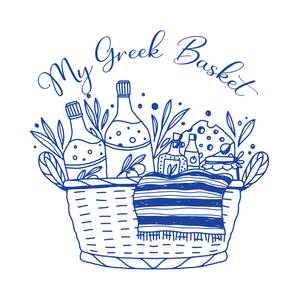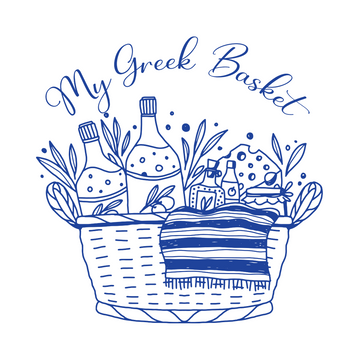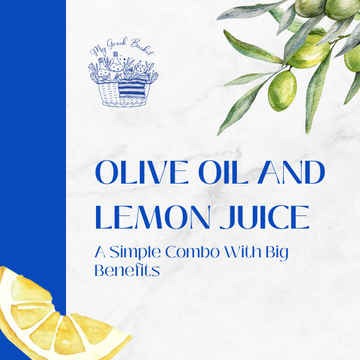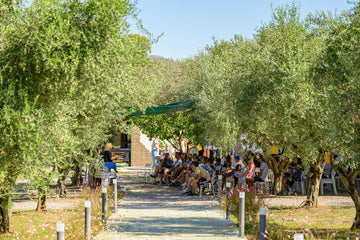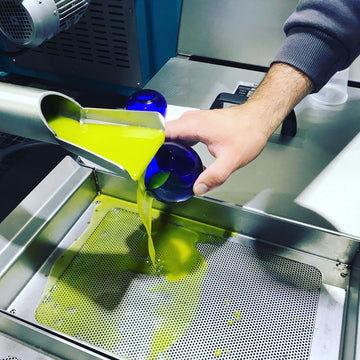
When the time came to let the audience know about our fine olive oils, it was important to concentrate on their key features. We have 6 different oils for sale now, each with its own unique characteristics. Which of those would be more important to make or break the deal? What is it buyers are looking for when in search of the “right” olive oil? Does it need to be organic, high-polyphenol, made at a small farm, single-source, have a harvest date on a bottle – something that has been strongly emphasized lately by various olive oil experts?
Trying to answer this question we have analyzed hundreds of the most responsive keywords on various search platforms we advertise on and while we have come across all those criteria mentioned above and more, there was one thing that was clear to us – whatever the keywords are, all those people were looking for GOOD olive oil.
So, what is really a “good olive oil”? As Clayton Purdom writes on the subject for Food52.com: “No single phrase in the cookbook lexicon inspires more terror in me than “good olive oil”. Nevertheless “royalty like Ina Garten and Marcella Hazan use the phrase, normalizing its usage so much that it appears over 100 times on NYT Cooking alone.”
Although there isn’t going to be a simple solution to a definition of a “good olive oil”, there are certain characteristics one should look for, according to experts, to get exactly this – a GOOD OLIVE OIL.
Tom Mueller, the author of Extra Virginity: The Sublime And Scandalous World of Olive Oil, says “Good oil is extra virgin, which means, more or less, fresh-squeezed olive juice. This means it has not been processed, refined or otherwise chemically altered”.
Another important characteristic of a “good olive oil”, as most experts agree, is the smell. “A good olive oil smells like grass,” says Wilma Van Grinsven, a certified olive oil sommelier and the author of The Olive Oil Masterclass. “The fresher the oil is, the stronger the smell of grass will be”. Sascha Dhanjal Eifler, an expert, specializing in artisanal olive oils, agrees, adding, “Other common aromas are green (underripe) tomato and banana. After you take a sip of it, you should feel a pepperiness that might make you want to cough – that’s a good thing”. She cites a European saying – “One cough is a good olive oil, two coughs is a great one”.
While most customers, especially those shopping for olive oil online, do not have the opportunity to get a sniff of their potential purchase, not to mention taste it, there are a few more factors to look for when shopping for a “good olive oil”.
Look for an oil made at a small farm like The Olive Temple, sold exclusively by My Greek Basket, currently run by the fourth generation of a family of olive oil makers. It is important that olive groves and a mill where olive oil is made are under one ownership and are in close proximity to each other. In many cases olive oil producers are just companies that run an olive mill and don’t grow any olives of their own. They get them from a bunch of farmers, often not paying enough attention to their suppliers’ cultivating practices and standards. In such case scenario olive characteristics are often left behind the scenes that, in its turn, affects characteristics of the final product. Organic olives may be mixed with non-organic; while some may be a result of clean traditional mechanical harvesting, others could come contaminated with mineral oils and harmful chemicals as a result of using alternative harvesting methods. Also if a mill and an olive farm are far apart, olives are not pressed right upon harvesting as is the best practice for making a “good olive oil”. Make sure that the oil is single source, i.e., coming from one producer preferably with own grove, and is not mixed with other oils that is often the case with big olive oil manufacturers.
In rare occasions the connection between a bottle of olive oil in your hand and the farmer/producer is easily trackable and often offers buyer a chance to visit the farm where olives are grown and the oil is made, see their cultivating and pressing standards and have a tasting on site. We are proud that we, in collaboration with our producer, can offer this opportunity to our customers – a visit to The Olive Temple farm in Ancient Olympia as part of our Agriturismo program: https://www.mygreekbasket.com/pages/experience-greece.
However, if you are not planning to go to Greece any time soon, you can still visit our farm – virtually, with our producer’s My ID Project. Simply scan a QR-code that every bottle of our oil has on it, or its packaging and get connected to the farm by getting access to a bunch of useful info on the oil that you have purchased - the protected geographic location ID, awards, harvest date, lab reports (including those on polyphenol content), certificates, food pairing suggestions and recipes. My ID also serves as a proof of authenticity that, we believe, is highly important to meet customers’ high expectations of a “good olive oil”. As Tom Mueller points out, “The problem is, particularly in the United States, the phrase, “extra virgin” is not consistently regulated. One 2011 study from UC Davis’s Olive Center found that nearly 75% of top-selling imported olive oil brands marketed as “extra virgin” did not meet the standards set by the International Olive Council. This means we might be getting stale olive oil, sometimes blended with other oils in the US market.
Something a buyer can not determine when buying an oil that they have never tried before, but will know, once they start using is – the taste. The taste of a “good olive oil” can even take you on a special journey reminding you of a memory like all the people of the Mediterranean acquire from their childhood or the one of simple dishes you had while traveling in Europe, maybe years ago And yes, it will make the difference to basically any meal that you make. As Dhanjal Eiffler puts it: “The number one reason I am obsessed with premium olive oil is because I am a lazy cook. I want to make an easy, quick dish that magically wows my guests, and that’s what a premium olive oil does”.
So, are you sold on “good olive oilyet?
